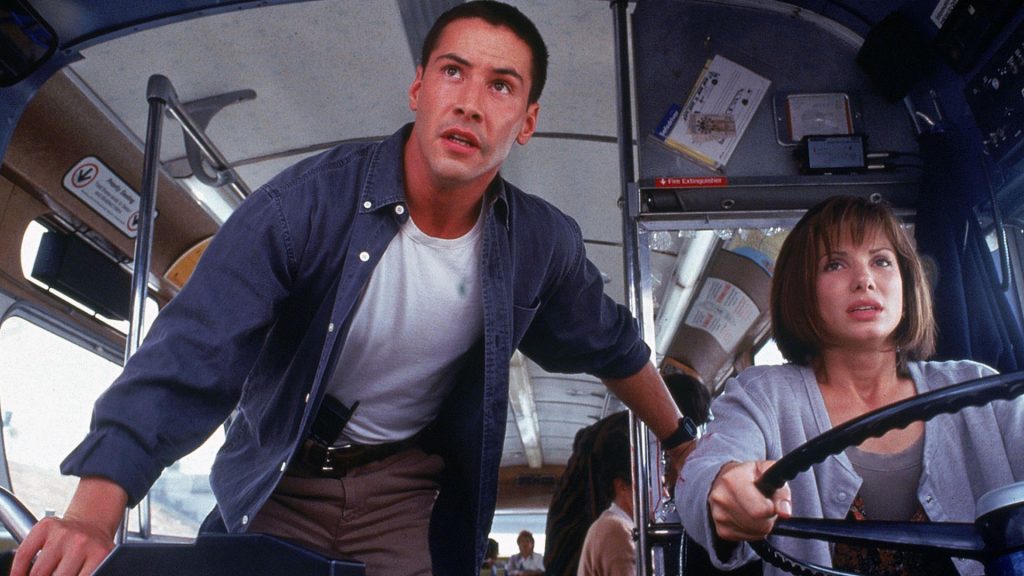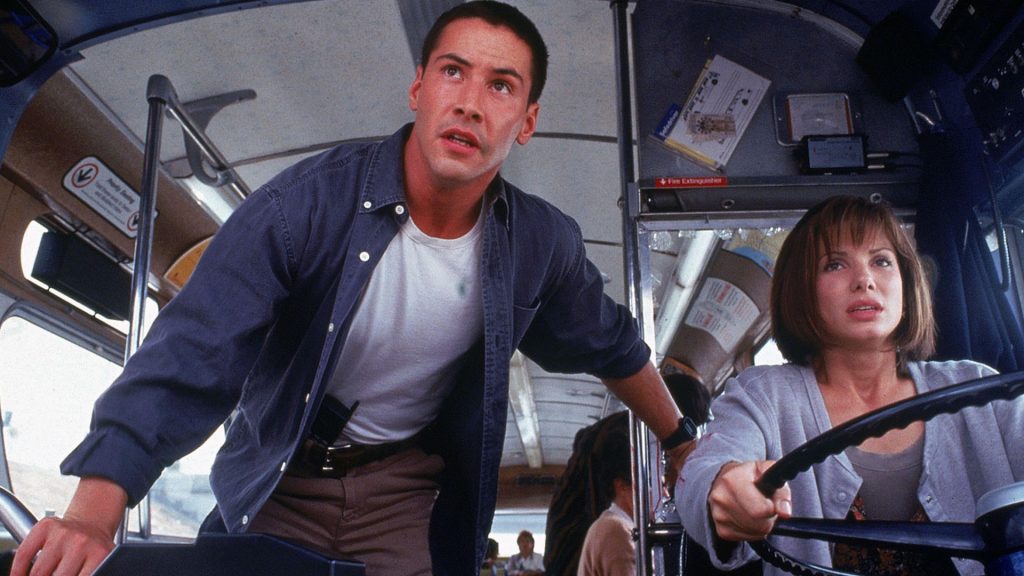
The key is that a society undergoing acceleration gets caught in a feedback loop it cannot escape, whereby acceleration in production, circulation, and distribution (in Rosa’s terms, “technical acceleration”) drives social change. The institutions of society no longer guarantee stable life paths. If in classical modernity people could imagine their lives in intergenerational terms — say, the same firm passing down through a bourgeois family — in late capitalism, turnover is so accelerated that it becomes hard to imagine one’s life course even within a few years, let alone a few generations. This in turn drives a sense of the acceleration of the “pace of life,” the psychological feeling of always being out of breath — which in turn drives the desire for more labor-saving technology, and technical change. There have been world-historical short-circuits in this loop — the 1930s, which spelled forced leisure for thousands, and the 1970s, when advances in technical change and the rate of profitability they promised seemed to meet a historic limit — but overall the pressure hasn’t slackened. For Rosa, modernity is defined by a continual sense of the present contracting—a feeling that what one is able to do within a given time frame is shrinking. The feeling comes about because the variety of social experiences available is ceaselessly proliferating: the number of things you might be able to do becomes impossibly large, and expands every day with implacable speed.

Leave a Reply